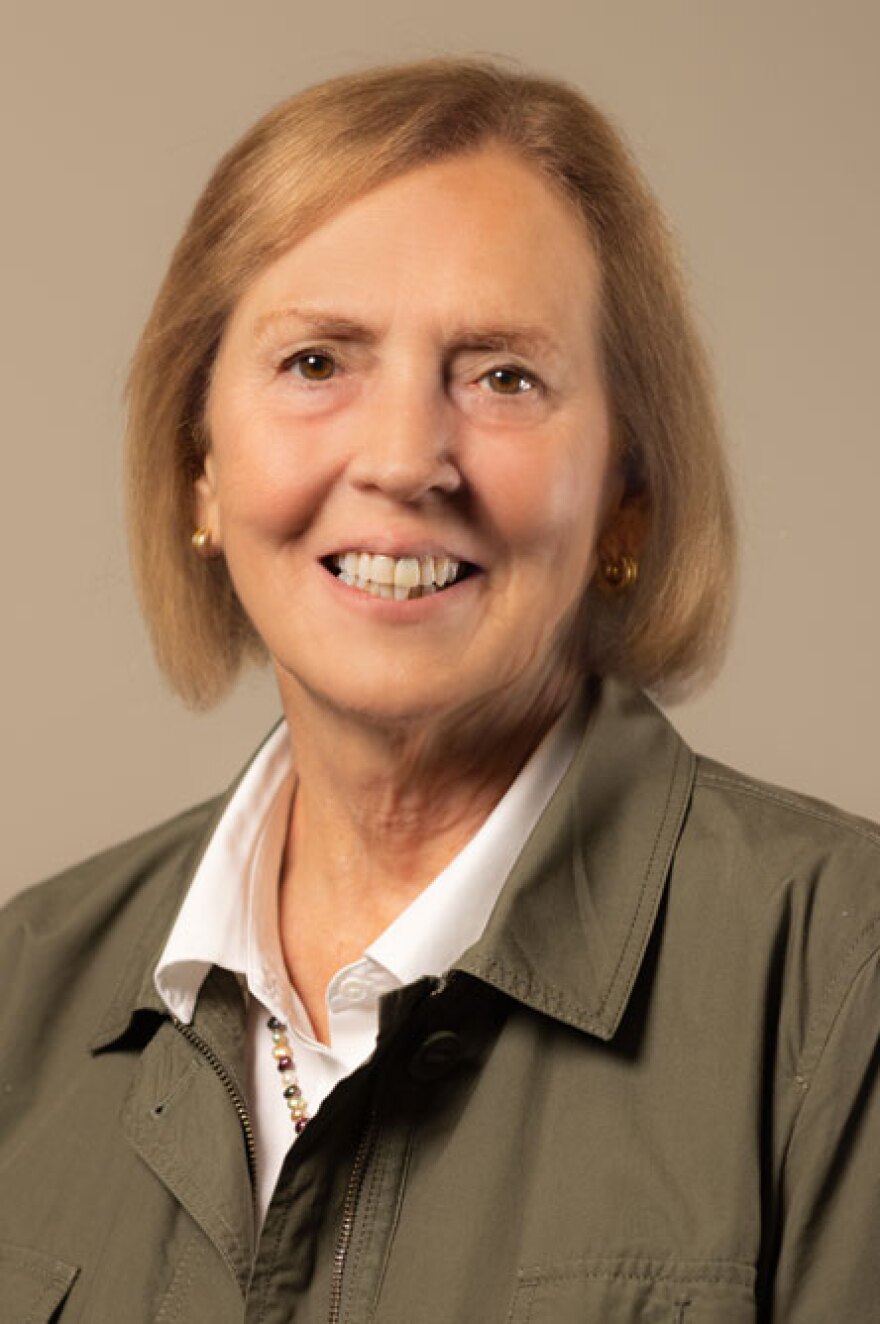The University of West Florida Board of Trustees voted unanimously on Thursday to amend its campus lease with the State of Florida, providing greater conservation protections to the university’s wilderness areas. The vote is seen as a significant step in solidifying UWF’s long-standing commitment to environmental stewardship while advancing its educational and research goals.

“This is another milestone and a great program for the university at a great campus in the state university system,” said board chair Suzanne Lewis after the vote. “Almost all the other campuses in the (state) do not have this kind of a land base… They’re in the middle of an urban setting, completely surrounded by businesses, homes, interstates, and highways.” She added that it had been her “personal goal” to preserve the beauty of UWF’s natural lands.
The vote amends the university’s lease with the state to prevent future development of roughly 1,000 acres of designated conservation areas, specifically those located in UWF’s western campus. These areas are now legally protected for educational, recreational, and natural resource management purposes, further reinforcing UWF’s identity as a “campus in a forest” and building on the conservation priorities outlined in the university’s 2021-2031 Campus Master Plan.
A reclamation of UWF’s conservation ethic
The decision marks a high point in the university’s decades-long effort to balance growth with environmental stewardship. For many in the UWF community, it also represents a return to the university’s roots. Chasidy Fisher Hobbs, UWF’s director of conservation, helped to spearhead the effort that led to Thursday's vote. She explained that UWF was originally conceived as a campus that would be built "along with and within the natural ecosystem" rather than transforming it into a "concrete jungle," which is more typical of other university campuses.
READ MORE: UWF project promotes 'forest bathing' as mental health antidote
However, that conservation ethic was briefly lost about a decade ago when university administrators, led by Matt Altier, proposed large-scale development on UWF’s undeveloped lands. Under Altier’s leadership, the university’s for-profit arm, UWF Business Enterprises Inc. (BEI), advanced a series of controversial public-private partnerships that included plans to develop the West Campus, home to some of UWF’s most valuable natural resources.
The proposal sparked public backlash from students, faculty, and environmentalists, and ultimately, the university abandoned the plans. Since then, UWF has gradually restored its conservation mission. “Fortunately, that turned out to not be a great idea,” Hobbs said. “That’s why we’ve made the call to really solidify that these are conservation areas within the master plan, but then to go some steps further to offer some greater protections."
New protections and a Living Lab
With Thursday’s vote, UWF has ensured those past actions are less likely to be repeated. The lease amendment clarifies that development in the designated conservation areas is prohibited, except for minimal improvements that support public access for education, research, or hydrological and habitat management. The aim is to enshrine protections that will make it more difficult for future administrations to pursue development on these lands.

In addition to the legal protections, Hobbs said the UWF Conservation Program is working to develop “programmatic protections” to help campus leaders and the community better understand the value of these resources. “We have these resources readily available to help support our teaching, research, and community engagement goals for the university, but they've been incredibly underutilized,” she said.
READ MORE: UWF to unveil 'Moon Tree' on campus
One of the next phases of the Conservation Program is the development of UWF’s “Living Lab” program, which will support students, faculty, and community members in engaging with the natural environment in ways that support both education and research. “We (also) have a forestry stewardship management plan,” Hobbs explained. “There’s a lot of learning, education, and research and community engagement opportunities through managing the forests as a conservation area.”
A campus in a forest
The conservation protections are also a key part of what makes UWF unique in the State University System. The university’s extensive wilderness holdings, including a trail system that rivals those at any other institution, are a major draw for students and the local community.
“Honestly, the trails and the natural feel of the campus is what I hear most often is what draws ... our students and the community to UWF,” Hobbs said.
The trails are used by hikers, mountain bikers, and runners, with Hobbs noting that these natural spaces also provide critical mental health benefits to students and community members.
“Getting out in nature benefits humans in multiple ways,” she said, citing research that suggests spending time in natural environments can reduce anxiety and depression.
Looking forward: A sustainable vision
While the legal protections established by the BOT vote are crucial, Hobbs is also focused on fostering a deeper understanding of UWF’s natural resources across the campus and community. Through programs like the Argos Conservation Corps, she hopes to build a community of volunteers who can help manage the university’s forests and trails, while also engaging in research and education.
“We want to build the community around these resources,” she said. “So therefore, if future administrations decide that they also think it’s a good idea for us to develop that area, we’ll have a lot more folks to speak up."



